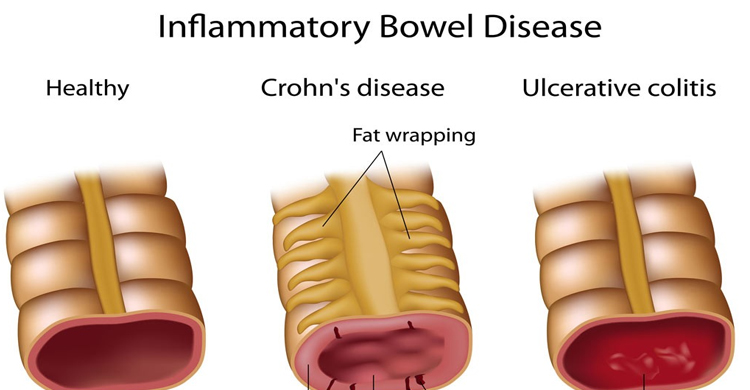Crohn's Disease
Crohn's Disease is a medical condition that falls under the category of Inflammatory Bowel Disease. Crohn's disease triggers inflammation of the digestive tract resulting in ulcerations and sores, mostly affecting people between 17-30 years (people of other age groups can also be affected). The inflammatory disease is a chronic illness that gives rise to a host of complications such as frequent and chronic diarrhea, fever, rapid weight loss, abdominal pain, to name a few.Unfortunately, there is no permanent treatment available for Crohn's Disease. However, effective remedies and treatments are available to reduce and manage the symptoms and complications associated with Crohn's Disease. Many people dealing with Crohn's Disease have benefitted immensely from surgery.
When surgery is recommended for Crohn's Disease?
A surgery becomes essential when the medicines and other nonsurgical treatments fail to control or manage the symptoms and complications triggered by Crohn's Disease, some of which include
- Severe intestinal inflammation followed by uncontrolled bleeding
- There is a bowel abscess or a perforation
- Toxic Megacolon (a fatal condition whereby the large intestine swells up and also becomes dilated due to the inflammation that affects the intestinal walls)
- Fistula
- An intestinal blockage or narrowing of the intestinal
The surgery for a Crohn's Disease can be of different types depending on the part of the digestive tract affected.
- Colectomy: This is mainly carried out in the case of the Crohn's Disease causing such extensive damage to the colon that it needs to be surgically removed. Following the removal of the colon, the small intestine may be connected to the rectum to ensure that the bowel movement is not affected.
- Bowel Resection: A bowel resection is usually performed to treat a fistula or to get rid of the diseased and inflamed portion of the intestine to avoid further aggravation.
- Proctocolectomy (Ileostomy):. This surgery is performed to get rid of both the rectum and the colon affected extensively by Crohn's Disease. Here also, post removal of the organs, the surgeon connects the small intestine (end part or the ileum) to the stroma or a small opening in the abdomen. This rearrangement is done to ensure that the wastes from the small intestine get eliminated.
- Stricturoplasty: This surgery goes a long way to open up the areas of the small intestine that have narrowed down due to Crohn's Disease.

